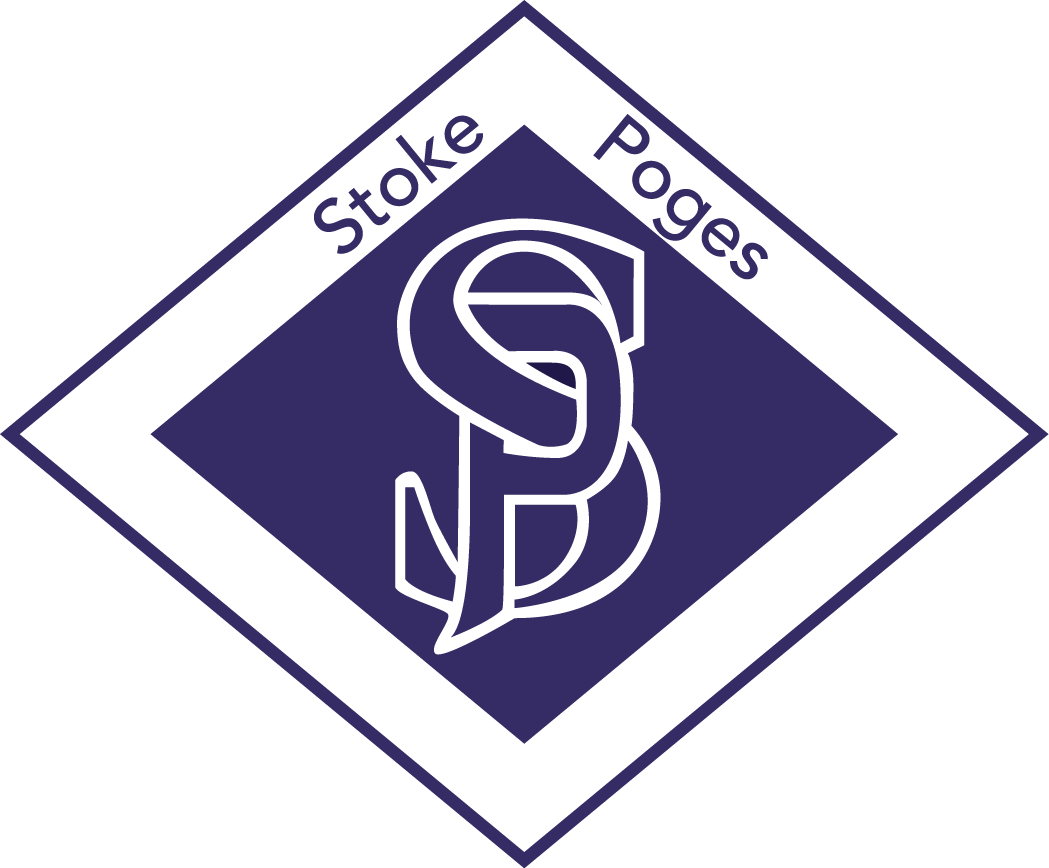We are Historians
At The Stoke Poges School, we believe that high-quality history lessons inspire children to want to know more about the past and to think and act as historians. By linking learning to a range of topics, children have opportunities to investigate and interpret the past, understand chronology, build an overview of Britain’s history as well as that of the wider world, and be able to communicate historically.
What are we aiming for?
Our History curriculum aims to:
- Inspire our children to learn about the world they live in
- Ensure our children know more and remember more about what has gone before
- Enable our children to gain a deep understanding of how history has shaped our society today and grasp historical concepts such as change and continuity, similarity and difference, and causation
- Teach and equip children with the skills and processes necessary to find out about the recent and distant past
- Support our children’s development of chronologically secure knowledge and understanding of British, local and world history
- Provide access to facts, dates and accounts of the past via primary and secondary sources, including artefacts, photographs, oral and written sources
- Enable children to confidently use a wide vocabulary of everyday historical terms and those related to specific periods
- Provide our children with a range of transferable skills, such as the ability to conduct research, find and evaluate sources of information
How do we achieve this?
Our History curriculum has been carefully designed to build both knowledge and skills progressively. Historical (substantive) knowledge is supported by historical processes (disciplinary knowledge) and children are encouraged to explore events with curiosity, build on arguments, weigh evidence, and formulate their own ideas.
Each year group focuses on overarching enquiry questions, with new insights revealed over a sequence of lessons. Through sustained attention to a single question, children can make connections, draw contrasts, and analyse trends. Conceptual threads are woven into the curriculum, ensuring children can recognise causes and consequences of actions and developments and build a bigger picture in terms of change over time within society and development of knowledge. Children are given regular opportunities to recall and think about the content they are studying to support the consolidation of new learning to long-term memory. Our children also benefit from opportunities outside the classroom that further enhance the curriculum, including day trips relating to areas of study.
British values are woven into the History curriculum, promoting values such as Mutual Respect, Tolerance and Individual Liberty. Themed days, visitors and school visits are used within the History curriculum to develop a deeper understanding of the time periods studied and to inspire children so that they have a lifelong love of History.
In EYFS, the children will start to look at themselves as they age, their family around them and start to learn about the passing of time. They will look at some past and present events in their own lives and in the lives of family members. They will also help the children learn about similarities and differences between themselves and others, and amongst families, communities and traditions, such as the Chinese New Year.
In Key Stage 1, children will develop an awareness of the past. They will learn about significant individuals who have contributed to the world and will also learn about significant historical events and people within the local area. In Key Stage 1, they will be looking back at changes within living memory, such as how shops and homes have changed, as well as events beyond living memory such as The Great Fire of London and history of toys. The children’s learning is placed within a chronological format.
In Key Stage 2, children will continue to appreciate history in a chronological context. They will work on securing an understanding of British, local and world history. In lower Key Stage 2, children will be focusing on areas such as prehistoric Britain and Ancient Greece and Egypt, whilst Upper Key Stage 2 will be looking at Anglo Saxons, Vikings and Victorians, as well as more recent events such as childhood experiences during WW11. Children will make connections and patterns over time and develop an excellent use of historical terms. There will be a focus on different sources and how our knowledge of the past is shaped by them.
Assessment
In history, assessment is continuous. From the beginning of every lesson, teachers and teaching assistants will be assessing what their pupils are, or are not understanding and use this to scaffold each segment of the lesson. Target groups will be both planned and ‘live’, meaning that misconceptions are dealt with immediately and high attaining pupils are challenged appropriately. Teachers make good use of pre/post teaching where appropriate to ensure that all children can achieve conceptual understanding.
Impact
We want our children to know more, remember more and understand more about history and develop both their substantive and disciplinary knowledge. Through providing our pupils with a well-planned, structured curriculum, which excites and challenges, along with tight formative and summative assessment our children will develop the necessary knowledge and skills to become historians. Our expectations are high and through our quality first teaching, supportive monitoring cycles and conversations with pupils and teachers, students will make good or better progress.
